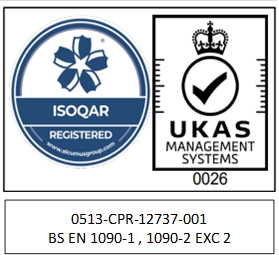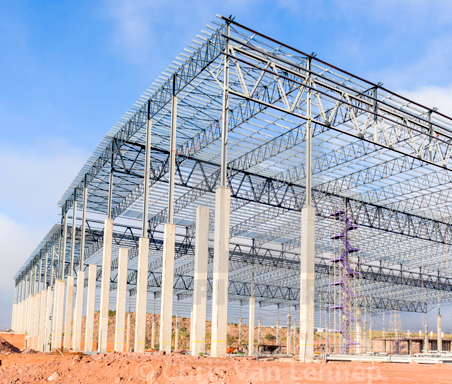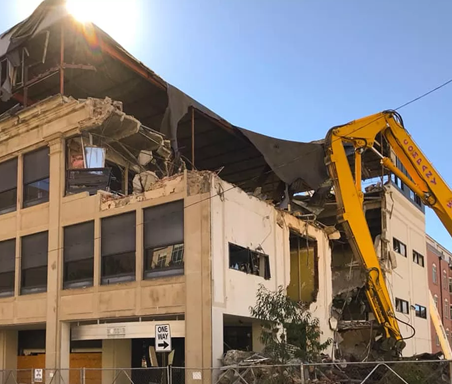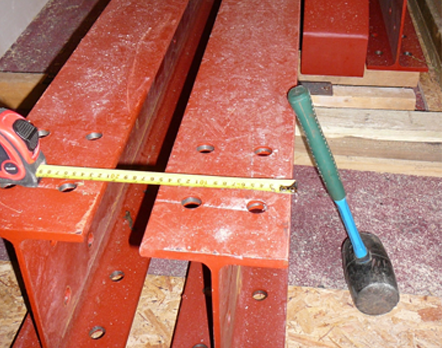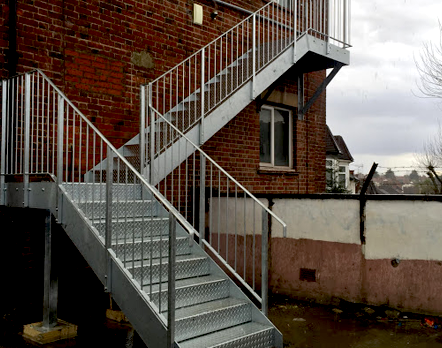Steel is a ferrous metal which is defined as a metal that comes from, or contains iron. It has a number of uses from construction to kitchen appliances and is now one of the most used metals in the world. At Process Steels we supply RSJ beams throughout the West Midlands area and make sure that all of our products are manufactured to the highest of standards with top quality materials.
The first stage of producing steel is to mine iron ore from the ground. Much of this is extracted from China, Australia and Brazil, however there are many other places that it can be found. Iron is no longer mined throughout the United Kingdom in large quantities as the ore found in many other places is of a higher quality.
Smelting then takes place, which is the process of extracting metal from its ore. Any impurities are removed at the same time, giving a high quality product. This often features large machinery and can be both a dirty and dangerous job. Temperatures are above 1000 degrees Celsius, as the melting point of iron ore is extremely high.
Carbon is then added as this strengthens the metal to make steel as it fills the gaps between the crystals, allowing these not to slip. An average of around 1% carbon is present within most steel products.
The steel is then cast into slabs or ingots and distributed for use wherever needed. For RSJ beams to be supplied for your construction project, contact us on 0121 526 5757 or send us an email via our contact page.







